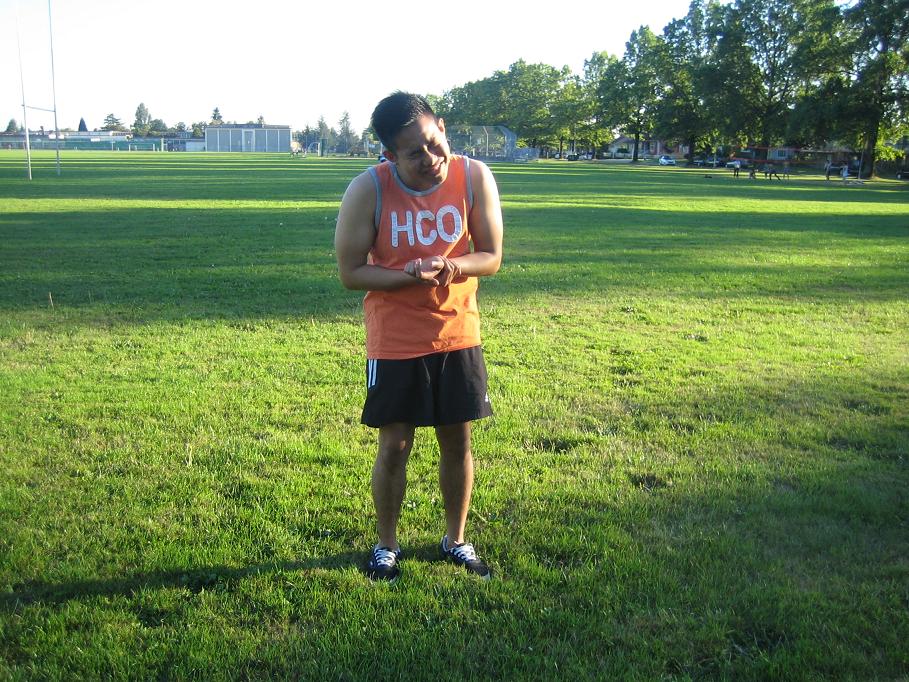Blisters are small-sized pockets of fluid that form in the upper layers of the skin after being damaged. They can develop on any part of the body but quite common on the hands and feet.
The fluid that builds up beneath the damaged skin cushions the tissue below. This protects the tissue from further damage and enables it to heal. Most cases of blisters are filled with clear fluid but can also be filled with blood or pus if they become inflamed or infected.
Management of blisters
Most blisters naturally heal after 3-7 days and do not necessitate medical care. It is vital to avoid breaking open any blisters since this increases the risk for infection or slow down the healing process.
In case a blister breaks open, it is not advisable to peel off the dead skin. Let the fluid within to seep out and wrap the area using a sterile dry dressing to protect it from infection until it fully heals.

When to consult a doctor?
A doctor should be consulted if the blisters are:
- Painful
- Infected
- Continue to recur
Remember that an infected blister is usually filled with yellow or greenish pus that can be painful, warm and red. Infected blisters should not be ignored since they can lead to secondary impetigo and other complications such as cellulitis or sepsis.
A doctor should be consulted if they occur in unusual areas such as eyelids or inside the mouth or develop after a severe sunburn, allergic reaction, burns or after being exposed to chemicals or other substances.
Possible causes
- Friction on the skin
- Being exposed to heat such as a scald or sunburn
- Contact with chemicals such as detergents
- Certain medical conditions such as impetigo or chickenpox
Prevention
There are measures that can prevent blisters due to friction, sunburn or exposure to chemicals such as:
- Wear proper-fitting, comfortable shoes
- Apply sunscreen when spending time outdoors
- Keep the feet dry by wearing thick socks or applying talcum powder
- Wear gloves when handling chemicals

